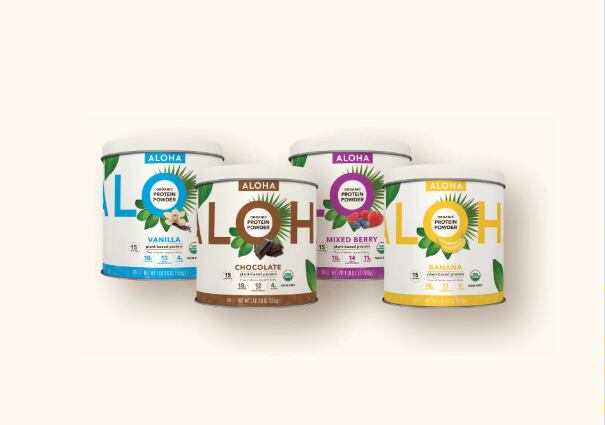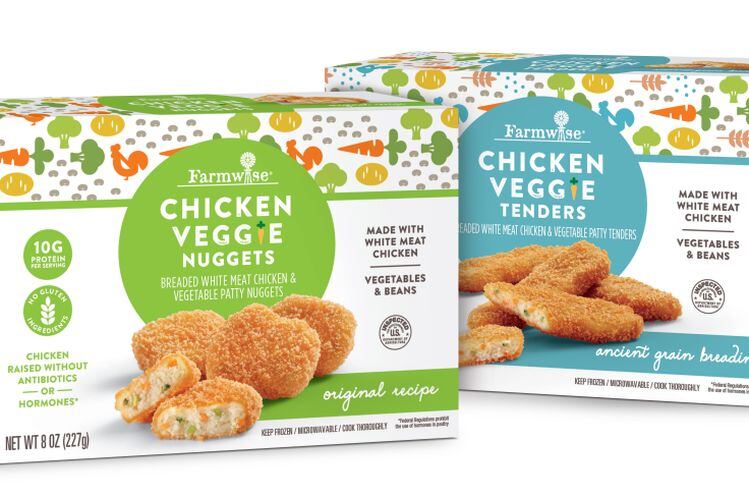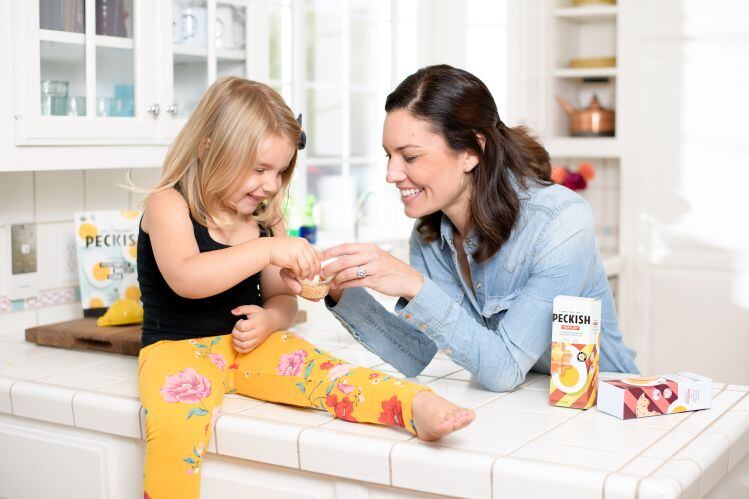“Every first impression with our products needs to be awesome” for ALOHA as a brand to stand out from the competition in the crowded protein powder and bar categories, and to keep consumers coming back for more, Brad Charron, who recently took over the helm at ALOHA, told FoodNavigator-USA.
But just as important as the first impression, is each one that follows in order to keep consumers engaged, he added. Which is why when Charron came on board he worked hard with each member of the company’s 10-person team to streamline the brand’s portfolio, reformulate products so that they taste better and deliver improved nutrition and revamp packaging to create a more emotional connection with consumers.
“When ALOHA first launched it was a darling among health and wellness enthusiasts. It was cool and confident, and I think overtime that may have dissipated a slight amount,” and now the brand wants to reclaim that by offering products that taste better, look better and offer better nutrition, he said.
For example, the company revamped its protein powder recipes, “which have always been pretty damn good,” to add MCT oil as an ingredient that can support gut health, lower inflammation and “some people say, balance moods,” Charron said.
As a coconut derivative, MCT oil fit well with the other coconut-based ingredients the brand uses, such as coconut sugar, both of which can help with natural energy, he said.
“We also have refined the powder a little bit more,” to help overcome a common perception that plant-based proteins are “chalky, sandy or grimy,” which are all words Amazon reviewers use about some plant-based products more broadly, he said. “Our powder now is much more finely milled, without overdoing it, so it still feels like real food but there is not a texture issue.”
The bars also were “reimagined from the ground up so that they are nutritionally superior and still provide the right level of protein that is bioavailable, but they also have lower sugar, often less than 5 grams per serving, and now have between 3 and 13 grams of fiber,” Charron said.
Finally, he noted, two of the bars have been dipped in chocolate “so you are going to get a really nice chocolate sensation early in the palate and no off-notes throughout the entire bar, which if you try a lot of these plant-based bars they are either very dry or grainy or you are not getting a nice flavor throughout the entire chew,” he said.
The bars’ packaging also was slightly refreshed with the addition of ingredient images that help make a “really good shelf impression,” while also underscoring what is inside, Charron added.
Quality of ingredients is premium
The bars and powders also standout from the competition thanks to “our absolutely relentless focus on product quality, which includes being USDA organic … and qualifying for pretty much any certification you could get,” Charron said.
“We are anti-stevia here. It is not that we are casting judgement on people who use stevia, it is just not our style because we think there is a taste hurdle,” and also have concerns about potential gastro-intestinal issues, Charron said.
“The coconut sugar and tapioca fiber in our bars are ingredients the body knows what to do with, as opposed to just artificially trying to get a low number on sugar” with the use of high-intensity sweeteners, he added.
However, no matter how nutritious the products are, they won't help consumers if shoppers can’t afford them, which is why Charron says ALOHA prides itself on its price point. He notes the brand's price is set “so that average, everyday people looking for better products can find them and consume them over and over again.”
This ethos is reflected in the brand’s distribution through retailers, such as CVS or Target, that reach beyond niche health and wellness lifestyle consumers.
New ready-to-drink beverages on the horizon
The brand will carry its focus on quality, access and affordability forward with new products hitting the market soon, including a new bar flavor and a new line of ready-to-drink beverages.
“Currently we are launching a caramel sea salt bar that is outstanding. It is delicious. It hits you at the right point with a brown sugar flavor. The caramel comes in. There is no protein off-notes in terms of flavor, and the nutrition is right in terms of the right protein count, the right number of ingredients and less sugar,” all of which come together for an “experience that is going to be great,” Charron said.
In addition, he said, the brand will launch at Expo West in March a new line of ready-to-drink plant-based protein beverages.
Recognizing that the ready-to-drink protein drink space already is crowded, Charron said the new line isn’t about creating something that is simply new, it is about creating something that is better than the competition.
“When Chobani entered the yogurt category, it wasn’t that people hadn’t had yogurt before, but they just hadn’t had a better mouse trap. And that is what we are offering with our new ready-to-drink beverage,” Charron explained. He added: “When it comes to mouth feel, when it comes to the right taste profile, when it comes to no off-notes, when it comes to avoiding artificial sugars and when it comes to providing packaging and a brand that people can walk around and be seen with that is more of a lifestyle and not a life stage product – that is where ALOHA plays – especially as a food that delivers on taste.”
Becoming a lifestyle brand
To support the new launches and re-brand, the company will work with other companies and though its social media to build a West Coast-inspired lifestyle brand that epitomizes what inspired the company’s kite-surfing founder to establish ALOHA in the first place, Charron said.
“Aloha means breath of life … and is really synonymous with the West Coast lifestyle. And it is our job as a brand to cultivate that so it is not a fad, but rather a sustainable and unflappable” lifestyle, he explains.
Therefore, he said, “we are going to do partnerships with other brands, as we have been doing in the food space, and I think we will branch out more into the lifestyle areas – whether it is fitness brands or sleep brands or other people who are doing something a little bit different.”
The brand also will use “grassroots” marketing strategies and sampling to “be where the consumer is” to help build a loyal following, he added.
Charron said he always does blind tastes tests with buyers and the reactions have not disappointed him or them – and he is confident consumers sampling in stores and at events will feel the same way on their first bite, and first impression.




